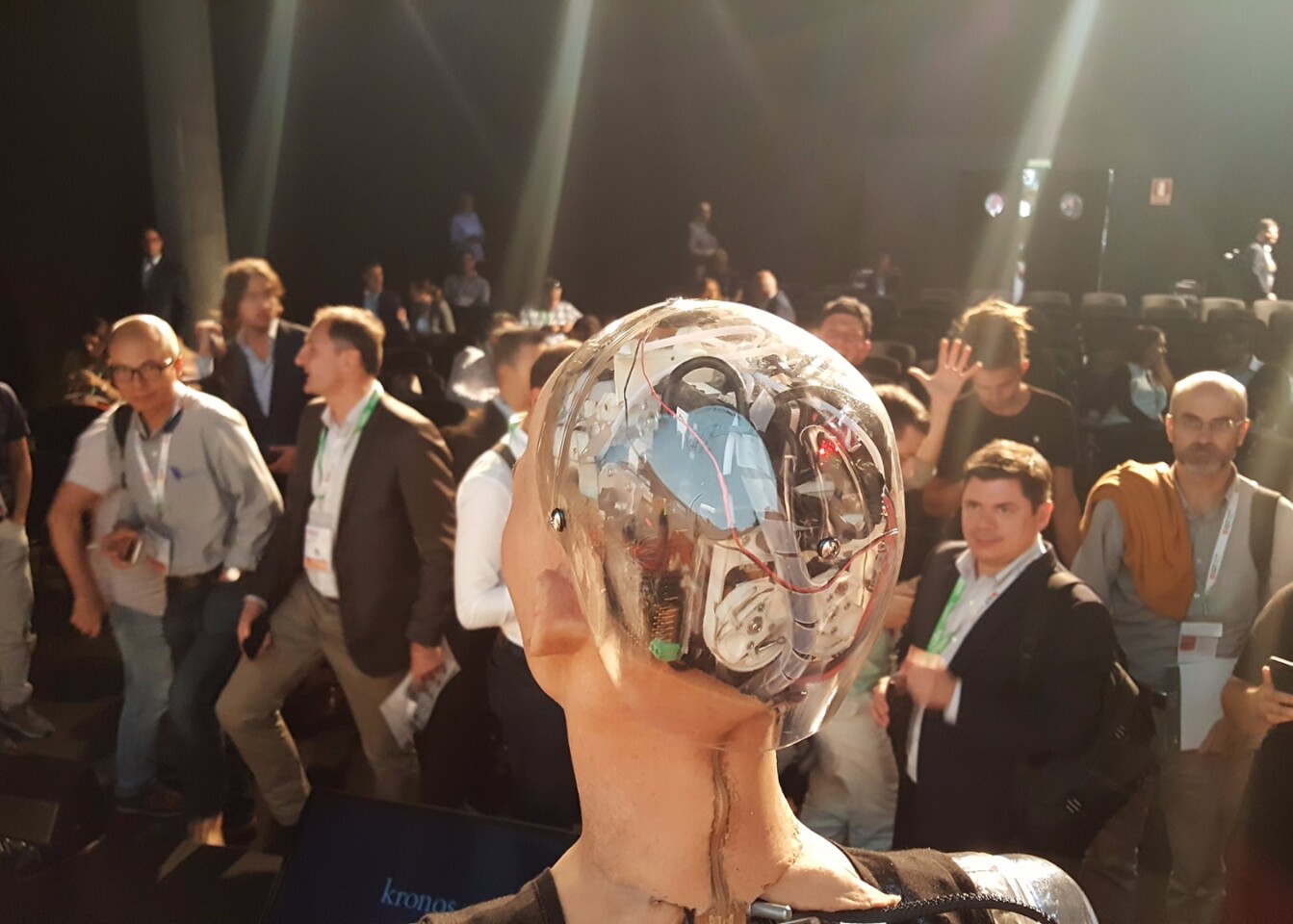As the influence of artificial intelligence continues to grow in our day-to-day lives, from motor vehicles to image recognition, a team of technology developers is putting together an "app store for AI" that's hoped will offer a way of pooling resources, sharing code, and selling programs.
The open, decentralized market is called SingularityNET and it's due to go live in 2018. As well as giving developers a way to show off their AI wares, it's also being designed as a central hub where datasets can be combined and built to work together, producing an Artificial General Intelligence (AGI) capable of taking on increasingly complex tasks.
"There is no other platform or marketplace like SingularityNET in the world," says CEO Ben Goertzel. "We believe the true potential of AI has not yet been realized due to the lack of interoperability and cooperation, preventing companies from leveraging the strengths and capabilities of AI across geographies, verticals and use cases.
"SingularityNET will open a new world of opportunities where AI is longer siloed within a specific company, infrastructure or industry."
By encouraging cooperation between developers and companies, Goertzel wants to speed up innovation and ensure that no single corporation, government body, or individual can dominate the AI developments of the future.
To that end the marketplace will be built on blockchain, the digital public ledger system that also sits behind Bitcoin – essentially a shared database that anyone can access, verify, and use, designed to be both transparent and impossible to corrupt.
"Greater collaboration between AI developers on SingularityNET will enable the industry as a whole to innovate at a faster pace, unlocking exciting use cases that are yet to be conceived," adds Goertzel.

Right now all of the big tech companies are working hard on AI technologies, but there's not much in the way of cooperation. Google in particular labelled 2017 as the year it moved from a "mobile first" strategy to an "AI first" strategy – so expect to see apps like Google Photos get a lot smarter in the years to come.
From this point on AI is only going to get more powerful and pervasive. By 2025, the global AI market is estimated to be worth around $3.1 trillion.
SingularityNET won't open its virtual doors fully until next year, but its AI processing power has already been put to use in a humanoid robot called Sophia, who has made television appearances in the UK and the US.
The droid can recognize facial expressions, tell jokes, sing songs, mimic human mannerisms, and hold a regular conversation. Over time, the AI brain inside Sophia will continually be upgraded, in part through collaboration on SingularityNET.
"Her intelligence will be plugged into the platform for the benefit of other developers, particularly those looking to make robots as smart as Sophia," says Goertzel. "In turn, her development team can take advantage of AI technologies created by other users to help evolve her human-like intelligence. It's this kind of collaborative innovation that will really spearhead the next frontier of the AI revolution."
You can keep up to date with the progress of SingularityNET and its efforts to become the world's first decentralized AI app store on the company blog.
Source: SingularityNET





